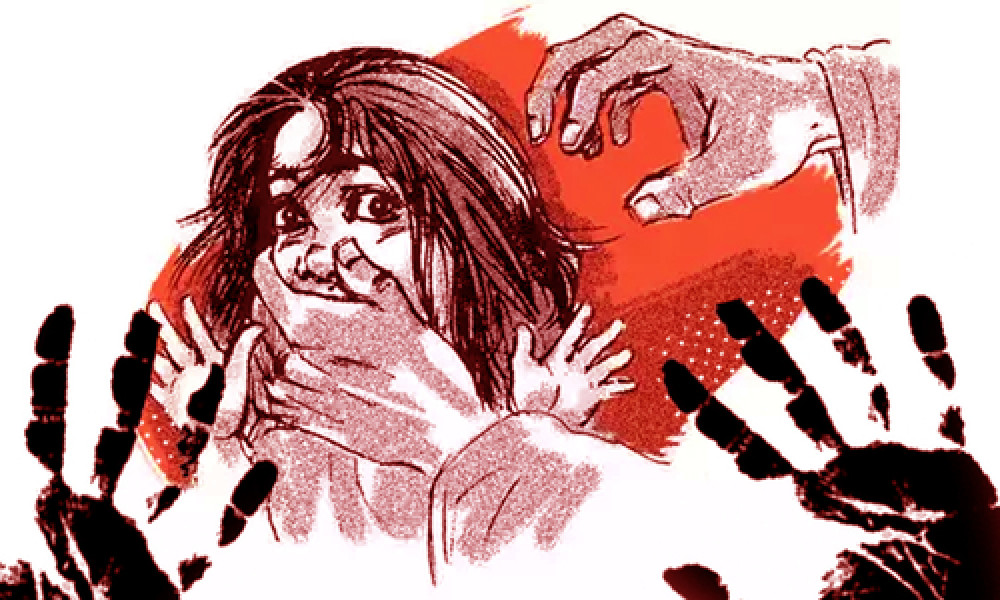Ever wondered which Indian cities genuinely offer a haven for women? The National Annual Report & Index on Women’s Safety (NARI) 2025 has just dropped, and it’s got some fascinating insights. This comprehensive report, based on a nationwide survey, identifies the safest cities for women across the country, giving us a clearer picture of urban environments.
Get ready for some good news if you’re in Mumbai or Gangtok! These vibrant cities, along with Kohima, Visakhapatnam, Bhubaneswar, Aizawl, and Itanagar, have been lauded as the frontrunners in women’s safety. They’ve earned their stripes by fostering stronger gender equity, encouraging active civic participation, demonstrating effective policing, and developing truly women friendly infrastructure. It’s a testament to what dedicated efforts can achieve.
However, not all cities fare as well. The report highlights some significant challenges in places like Patna, Jaipur, Faridabad, Delhi, Kolkata, Srinagar, and Ranchi. These cities regrettably ranked lowest in the index. The reasons are multifold, pointing to weak institutional responsiveness, deeply entrenched patriarchal norms, and noticeable gaps in urban infrastructure that unfortunately compromise women’s safety.
The national safety score currently stands at 65 percent. Cities were then categorized against this benchmark: ‘much above,’ ‘above,’ ‘at,’ ‘below,’ or ‘much below.’ This detailed categorization allows for a nuanced understanding of where each city stands regarding women’s safety.
Overall, the survey spoke to 12,770 women across 31 cities, and while six out of ten women expressed feeling ‘safe’ in their respective cities, a notable 40 percent still confessed to feeling ‘not so safe’ or even ‘unsafe.’ This stark contrast indicates that there’s still a considerable road ahead to ensure universal feelings of women’s safety across India.
The perception of safety takes a sharp downturn after dark. This is particularly evident in public transport and recreational spaces. Imagine planning an evening out or needing to travel late; for many women, a sense of apprehension sets in. This is a critical area that demands immediate attention and innovative solutions to enhance women’s safety.
Educational institutions, by contrast, scored quite high. A remarkable 86% of women felt safe within these premises, especially during daylight hours. Yet, even here, the perception of women’s safety diminishes sharply at night or when stepping off campus. It illustrates a pervasive challenge that extends beyond specific locations.
Now, let’s talk workplaces. A vast majority, 91 percent of women, reported feeling safe at their jobs. That’s a positive sign. However, nearly half of those surveyed were unsure whether their workplace had a Prevention of Sexual Harassment (POSH) policy in place. For those who did, these policies were generally perceived as effective, underscoring the importance of clear guidelines and implementation for genuine women’s safety.
Trust in authorities to effectively handle safety complaints is another area requiring significant improvement. A mere one-fourth of women expressed confidence in the system. While 69 percent felt current safety efforts were somewhat adequate, over 30 percent pointed out significant gaps or outright failures. Furthermore, only 65 percent perceived a real improvement in women’s safety over the past two years, from 2023-2024.
National Commission for Women (NCW) chairperson Vijaya Rahatkar made a crucial point during the report’s launch. She emphasized that women’s safety cannot be viewed solely through the lens of law and order. It’s far more encompassing, affecting every facet of a woman’s existence. This includes her education, her health, her work opportunities, and her fundamental freedom of movement.
As Rahatkar eloquently put it, when women feel unsafe, they inherently limit themselves. And women limiting themselves isn’t just a personal setback; it has profound implications for the development and progress of the entire country. Ensuring robust women’s safety truly is a national imperative.

